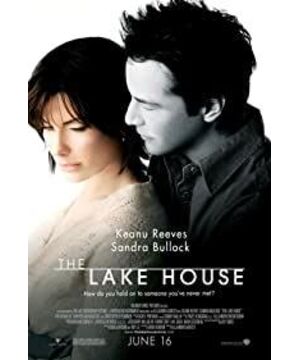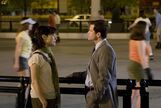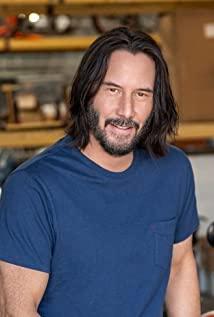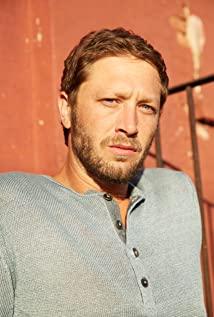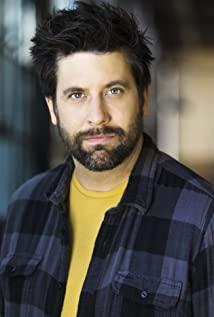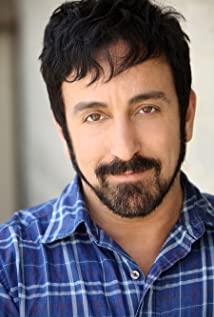Two people who could not have had any connection, started to communicate by accident. The gap between them is not only space, but also two full years. One is in the past and the other is in the future. They can't see each other, but they are deeply attached to each other.
This is an incomprehensible but real feeling. There is an indescribable trust and attachment to that special person who meets by chance, but it is completely indifferent to people in reality.
In order to meet Kate, the young architect played by Keanu Reeves died in a car accident, and Kate, who lived in the future, modified the ending in time, and they met in the lakeside cottage where they had lived separately.
Love finally transcends time and space.
This is a time and space disordered movie, and I believe everyone, like me, thinks there must be a sad ending - a young architect runs to his lover on Valentine's Day, only to die in a car accident while crossing the road, For the doctor, Kate didn't know it, and ran to the accident site to rescue the injured, until he died in her arms, and she didn't know that it was the person she loved two years later. The director revised the ending, and would rather let the chronological order of the entire movie fail to justify itself, and also let the lovers get married. Probably someone pleaded with the director for these two infatuated lovers.
Although confused, although abrupt, complete love is always good. I'd love to see everyone happy, whether it's Cecilia Cheung, Nicholas Tse, Li Yapeng and Faye Wong, everyone who wants to be together is together. Don't let so many people sing "Moonlight in the City" with me during K song.
View more about The Lake House reviews


